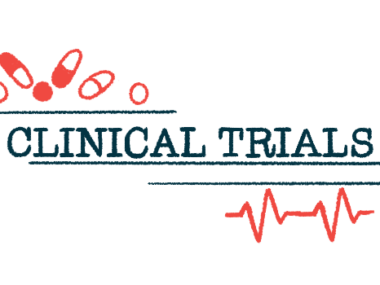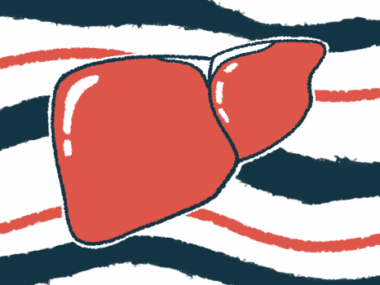Drinking More Coffee Can Reduce Risk of Hepatocellular Carcinoma, Scottish Study Finds
Written by |

Coffee consumption can dramatically cut one’s risk of developing hepatocellular carcinoma (HCC), a type of liver cancer, say researchers from Scotland’s University of Edinburgh who surveyed past studies and combined their results.
Their study “Coffee, including caffeinated and decaffeinated coffee, and the risk of hepatocellular carcinoma: a systematic review and dose-response meta-analysis,” appeared in BMJ Open. It is one of the first such studies to take into account other key risk factors for HCC including high body mass index (BMI), alcohol consumption, smoking, type 2 diabetes, HBV/HBC infection and the presence of chronic liver disease (CLD).
Additionally, this study also compared caffeinated with decaffeinated coffee consumption on the risk for developing HCC.
Coffee, of which more than two billion cups are consumed daily, contains several biologically active molecules such as caffeine which have anti-oxidant, anti-inflammatory, anti-fibrotic and anti-cancer properties.
After surveying the literature, researchers included 26 observational studies in their analysis. These studies took place in Europe, Japan, Hong Kong, Singapore and the United States, and were published between 2002 and 2015.
Independently, each study showed that drinking an extra two cups of coffee per day can cut one’s risk of developing HCC by 20 to 97 percent. Not all studies were independently statistically significant. Combined, those extra two cups resulted in a 35 percent lower risk of HCC, while an extra five cups slashed risk in half.
Drinking decaffeinated coffee also reduces the risk for developing HCC, although the effect is not as strong as for the caffeinated beverage.
“We’re not suggesting that everyone should start drinking five cups of coffee a day though,” lead author Dr. Oliver Kennedy of the University of Southampton said in a press release. “There needs to be more investigation into the potential harms of high coffee-caffeine intake, and there is evidence it should be avoided in certain groups such as pregnant women. Nevertheless, our findings are an important development given the increasing evidence of HCC globally and its poor prognosis.|
The link between increased coffee consumption and lower risk of HCC continues to hold true in populations already at risk for the disease, such as people with hepatitis B or C, and those with CLD, high BMI, type 2 diabetes or high alcohol consumption.
Coffee may serve as a lifestyle intervention in patients at risk of developing HCC, particularly in those with CLD, the authors suggest. Yet the authors note that the lack of randomized controlled trials means these observational studies may present bias, and that caffeine’s role in preventing HCC requires further investigation.






